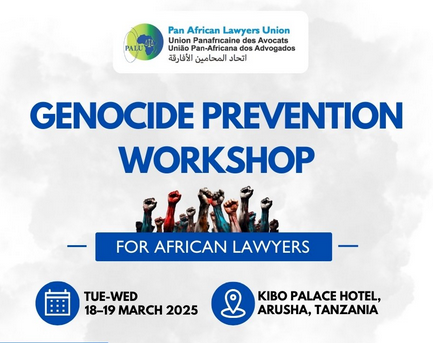Security risks and forensic studies: impunity in Guatemala
- Anna Killen

- Oct 12, 2021
- 3 min read
Updated: Dec 16, 2022

An FAFG staff member is photographed at the site of a grave in Guatemala, working to recover skeletal remains for testing. [FAFG, 2021]
By Anna Killen
In 1997, two post-conflict projects began work in Guatemala. The Forensic Anthropology Foundation of Guatemala (FAFG) and the Commission for Historical Clarification (CEH)both aimed to bring reconciliation to a country torn by a 36-year civil war (1960-96). The CEH’s mandate was clear but narrow: to establish what occurred without naming individual perpetrators. While providing recommendations for prosecutions, the functions of a truth commission do not extend to holding jurisdiction. Publishing their findings in 1999, the CEH attributed 93% of the human rights violations to government forces and confirmed that the crimes committed against Indigenous Mayan civilians amounted to genocide. Amongst the 200,000 victims of the military regime are 45,000 desparacidos. FAFG staff use forensic science and victim-centric outreach programmes to identify the remains of desparacidos (3,709 to date) and bring a sense of closure to their families.
Security concerns have long been a hindrance to forensic investigations in Guatemala. An AAAS team of forensic scientists led by Dr Clyde Snow (a founding member of FAFG) commented on arrival in Guatemala in 1992 that “in many cases the people who are responsible for the killing are still located in the area”. This presence and fear of reprisal from the military has often impeded efforts to bring the perpetrators of genocide to justice. In 1998 army officers assassinated Juan Gerardi, a Catholic bishop and indigenous defender who two days prior had presented a report naming members of the military responsible for human rights violations. Retaliatory violence has established an atmosphere of terror and created a cycle of impunity, frustrating FAFG’s efforts today. A virulent right-wing remains strong in the Guatemalan government, curtailing media freedom, Indigenous rights and the work of NGOs. Members of Guatemala’s right-wing government have continued to push for an amendment to the country’s National Reconciliation Law (1996) that seeks to extend amnesty for political crimes committed during the civil war to perpetrators of genocide, torture or forced disappearance. Despite national and international court rulings ordering a cessation of the debate, congress attempted three times to introduce the bill, which would trigger the release of all those successfully sentenced for war crimes.
FAFG is a grassroots organisation required to work in the field to exhume mass graves and gather indisputable evidence of crimes against humanity. FAFG also provides expert testimonies and evidence in those cases which reach trial, placing them in the firing line of powerful members of the military and genocide deniers. During the historic trial of General Rios Montt in 2013, conservative elites published the name and image of FAFG’s Executive Director Fredy Peccerelli in a six-page circular titled “The Faces of Infamy”, accusing him of treachery. Genocide collaborators and military sympathizers using intimidation tactics like death threats divert resources away from FAFG’s work and towards security measures. Peccerelli drives a bullet-proof SUV and has a full-time bodyguard. Armed personnel guard FAFG’s facilities in Guatemala City and bulletproof doors protect the staff and work within.
The more FAFG has to work to preserve their safety the less attention they are able to devote to building trust with historically persecuted and wary indigenous communities. Over 16,000 DNA samples remain in FAFG’s laboratories; their achievements are astounding but their work continues. Eye-witness survivors of the genocide are reaching old age and FAFG have little time or resources to waste. In Guatemala, failure to implement the CEH’s recommendations has proven historical clarification alone an insufficient mechanism for establishing long-term peace, stability, and reconciliation. Where possible, prosecutions must accompany truth commissions to ensure perpetrators, groups and individuals, cannot take root in society and endanger those seeking justice for victims of genocide.
Anna Killen is a former Early Warning Analyst and Timestream Author at Genocide Watch
The views and opinions expressed are those of the authors and do not necessarily reflect the official policy or position of Genocide Watch
.png)







Comments